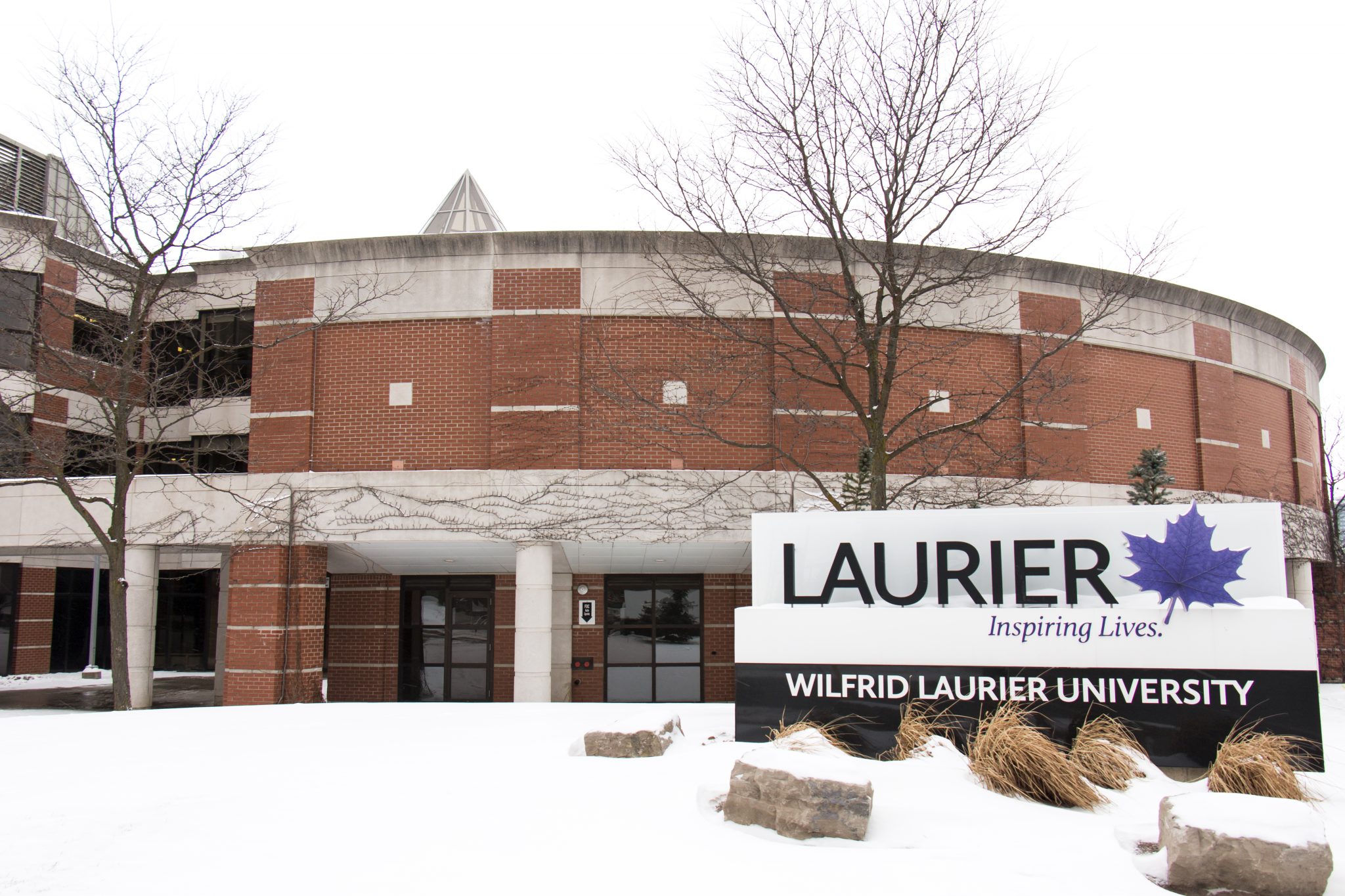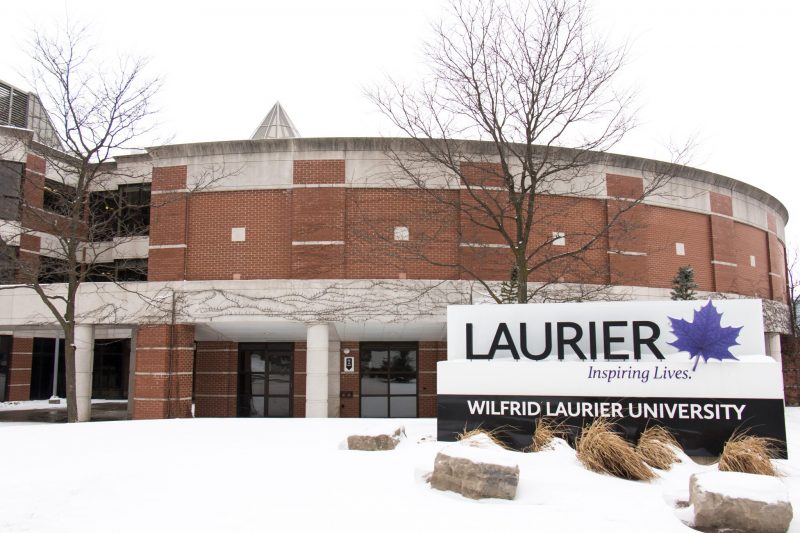Laurier group competes in moot court


A group of Wilfrid Laurier University students assembled by the Laurier Pre-Law Society recently competed in teams of two at The Osgoode Cup National Mooting Competition.
This marked Laurier’s first-ever appearance at the competition and allowed a group of students to both compete on behalf of their school and gain experience in the legal field.
The competition took place at Osgoode Hall Law School in Toronto on March 4.
Teams that did well enough moved onto the following day’s competition and vied for a top spot in a field that included students from many colleges and universities in the surrounding region, including students from McGill University, Carleton University and Humber College.
Among those top teams were Laurier’s own Puneet Aujla and Jaaron Pullenayegem who managed to finish within the round of 16.
“Those two put in so much hard work, it is absolutely unbelievable. They have also been to other competitions … that’s where they have a lot of experience from. I think that they did much better than anyone thought that they would,” said Aqsa Naveed, director of content and vice-president of internal affairs at the Laurier Pre-Law Society. The moot court competition brought a team of two people in the appellant position against a team of two people in the respondent position.
Each team was given a few minutes to present their side of the given case to a panel of judges, who then decided which team won the round.
This process unfolded in an elimination-style tournament until a final winner was determined.
“Mock trial is more with a jury or witnesses and is more about cross-examination,” Naveed explained.
“Whereas moot court is just you have seven minutes to explain to the judge why your appeal should be heard or whether it should be dismissed instead.”
“So the basic rules of the competition is, essentially the appellant goes first, always, and the respondent goes after,” said Emily Rezkalla, a fourth-year political science student and vice-president of external relations at the Laurier Pre-Law Society.
“Essentially, all our teams have to prepare for both sides. You don’t know whether or not you are going to be the appellant or the respondent until right before the round.”
“It’s very formal. You address the judges as justices, you have to submit your arguments, it’s all about the formality and the composure and advocacy all in one,” Rezkalla explained.
For many students interested in going to law school, mooting competitions like the one at Osgoode provide an opportunity to get a taste of what they can expect should they decide to enroll.
“It’s actually a part of the curriculum in law school and a lot of undergraduate schools don’t have moot court, and to have that experience and to actually place is just such a great way to brand yourself to a school and show that you took one step ahead to get that experience beforehand,” said Rezkalla.
Given that it was the first time students from Laurier had assembled a moot court team, many of those involved didn’t know what to expect.
“It was way more of a learning experience than I thought it would be. I didn’t think that [the judges] were going to give us feedback after every single round,” Rezkalla said.
“I think it was just such a great growing experience when it comes to public speaking.”
After their recent showing at Osgoode, Naveed and Rezkalla were excited at the prospect of assembling students from Laurier to attend future mooting competitions as well as competitions throughout Canada.
“We’re going to more than just Osgoode. This year it was just that one competition. Next year we’re looking to go to [competitions at] McGill and the University of Toronto, as well,” Naveed said.


